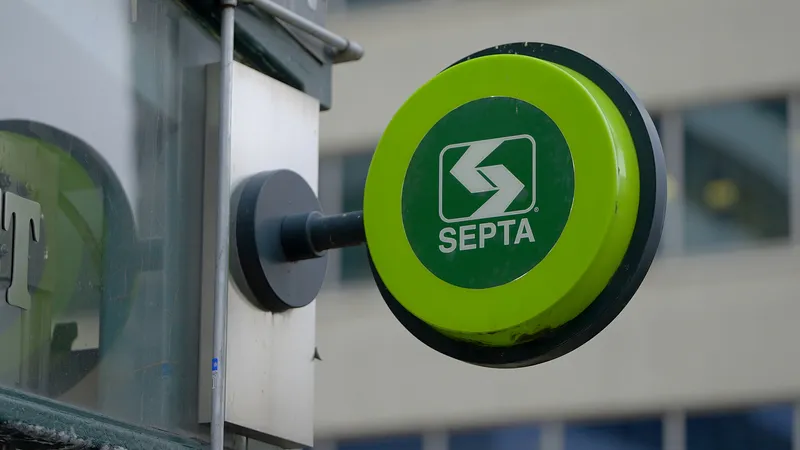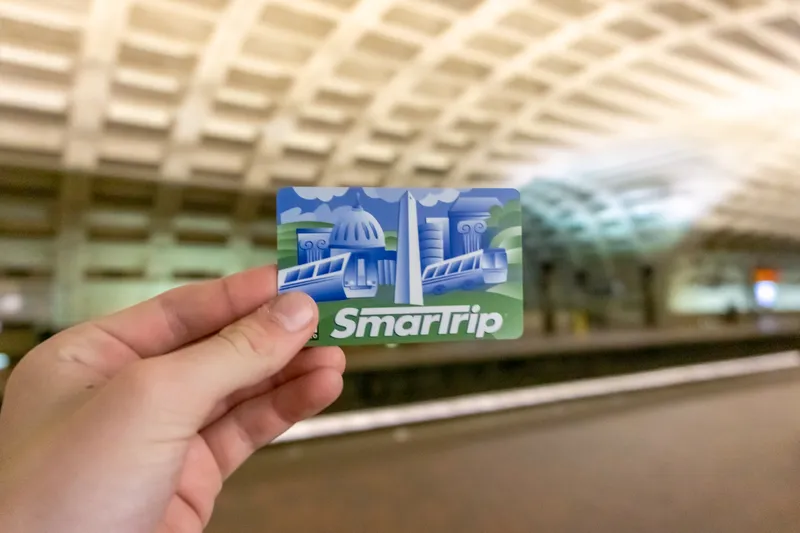Cubic Transportation Systems (CTS) is to carry out a major upgrade to the Maryland Transit Authority’s (MTA) automatic fare collection (AFC) system, under a US$4.8 million contract modification which also includes setting the foundation for new features and functionality. The upgraded system will provide the MTA with the opportunity to accept new payment methods, such as mobile payments, as well as add new features, including a new customer web portal and an integration path with third-party transport servi
November 22, 2016
Read time: 2 mins
Under the contract modification, CTS will upgrade AFC from its NextFareTM 4.0 revenue management system, to NextFare 7, a cost-effective solution giving the MTA the freedom to innovate, without having to overhaul the entire AFC system. The cloud-based platform will replace all the key functionality currently provided by the existing scheme and offer a number of advanced features, such as payment card industry (PCI) compliant payment application for processing credit and debit transactions; support of enhanced fare policy; and enhanced reporting and analytics, as well as allow the MTA to monitor the conditions of fare collection equipment, so that repairs can be made quickly and efficiently, little impact on customer service.
The platform can also be enhanced in the future to enable the MTA to integrate third-party systems, such as bike-sharing and ride-sharing services, into the transport experience for the public, in alignment with its BaltimoreLink program.










